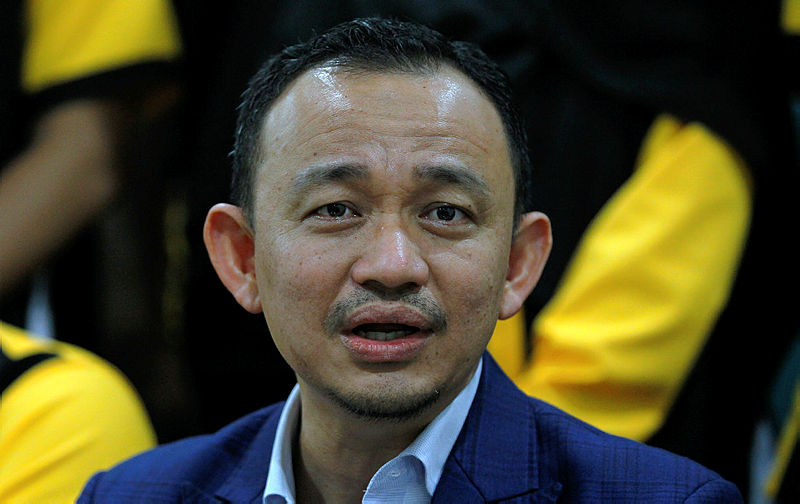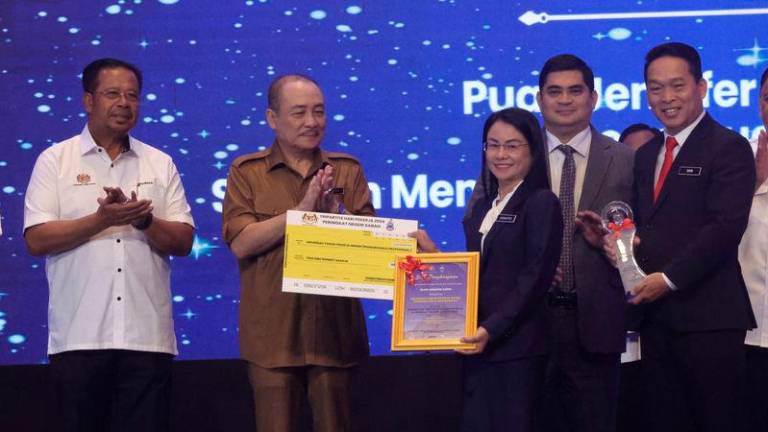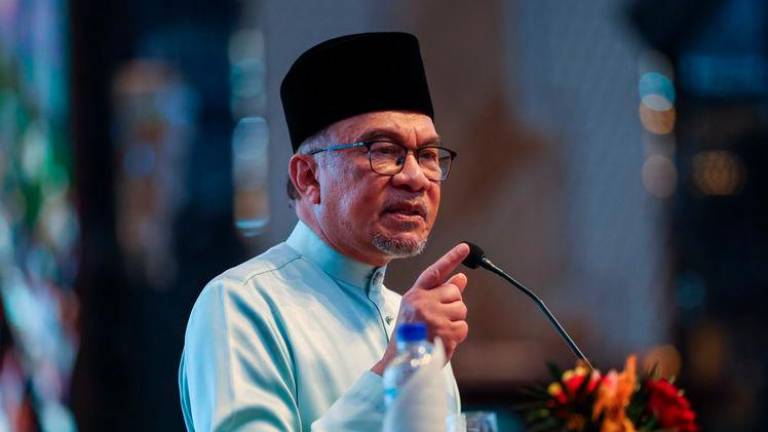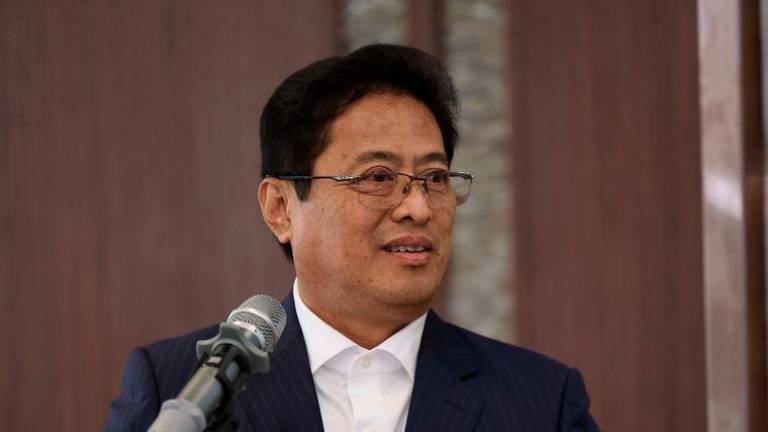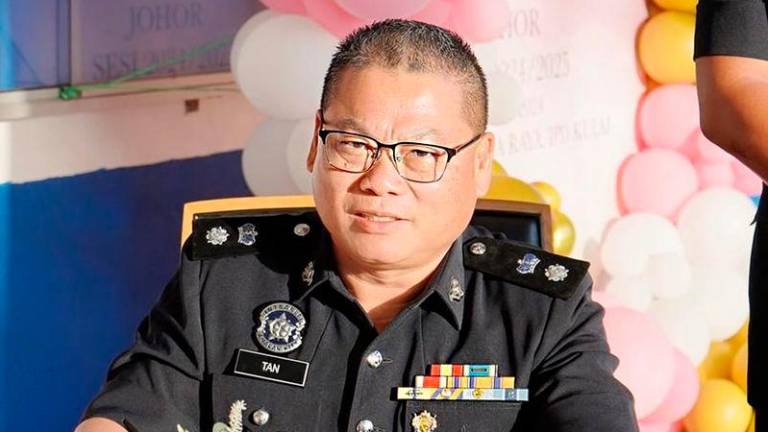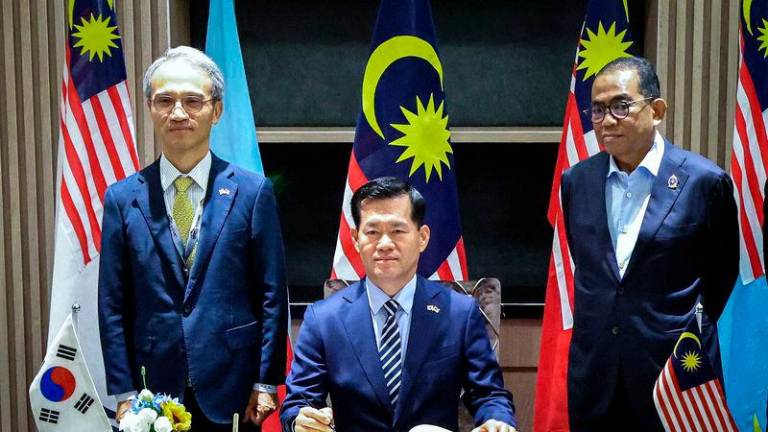KUALA LUMPUR: Malaysia hopes to be a major contributor to new knowledge and innovations for the global community, especially among Muslim countries.
In leading the way in setting the progressive agenda for the Muslim world, Malaysian Education Minister Dr Maszlee Malik (pix) said Malaysia seeks to blend Islamic and worldly knowledge as spearheaded by local higher learning institutions, International Islamic University Malaysia (IIUM), Universiti Sains Islam Malaysia (Usim) and Universiti Sultan Zainal Abidin (UniSZA).
“In an intensely competitive global world, Malaysia needs to further strengthen and leverage its human and intellectual capital, and universities are central in this goal,“ he said in a special session, “Why Education is The Key to National Development” at the Kuala Lumpur Summit 2019, today.
In the session, Maszlee highlighted the idea of “renewal-oriented education”, which he said refers to initiating a continuous change in how people view and approach knowledge that should be the idea towards achieving progress in the Muslim world.
He said there was a need to place worldly and religious knowledge on an equal footing, and both must be instilled in the institutions. In this context, Maszlee said ethics must be the guiding framework of teaching, learning or research as it is the standard that differentiates between right and wrong knowledge and actions.
“With the advance of Industry 4.0 in the education sector, giving rise to what is now known as ‘Education 4.0’, ethics becomes more essential and we need to train future educators to use technologies toward positive ends for human development and not for selfish pursuits,“ he said.
Maszlee said apart from the need to redesign curriculum and finding the best digital content, there was also a need to devise dynamic pedagogical methods as the digital generation has little tolerance of boring educators.
In this regard, he said schools of the future must be designed not only for learning but for thinking, as today schools and higher education institutions were expected to produce talents who can think, make new scientific discoveries, find more adequate solutions to impelling world problems, adapt to change and maintain sanity in this age of acceleration.
He added that there was an urgency to enhance and refine existing research strengths and intensify multidisciplinary and trans-disciplinary research aligned to national research priorities and future frontier technologies.
Efforts must be concentrated to enhance translational research, focusing on the transfer of technology and knowledge between the university, the community and the industry in order to improve the quality of life of the people, among other things by integrating community projects into research activities to widen the impact of community engagement.
“To date, Malaysia has collaborated in various fields with many universities from the Middle East, including Saudi Arabia, Iran, Turkey and Qatar, just to name a few. In fact, between 2016 and 2018 Malaysian and Iranian universities jointly produced 2,962 publications,“ he said, citing the need for universities in the predominantly Muslim countries to strengthen research collaborations.
Meanwhile, Qatari speakers, Dr Hend Abd Rahman Al-Muftah suggested Muslim countries to collaborate in the development of science and technology towards correcting the dangerous stereotype of Islam that has always been associated with terrorism.
Hend, who also a member of the Qatari Shura Council, said this could be achieved with excellence in terms of Muslim education infrastructure and youths of promising talent that can be part of such a great future.
Another speaker, Rabee Hamu stressed that education should not be merely seen as part of a budget allocation but an investment for the future of the younger generation.
The KL Summit steering committee member said education must be of utmost importance for Muslim countries for if children are not properly educated, they would fall behind with the rest of the world, and would soon find themselves unprepared to deal with the global marketplace. — Bernama



